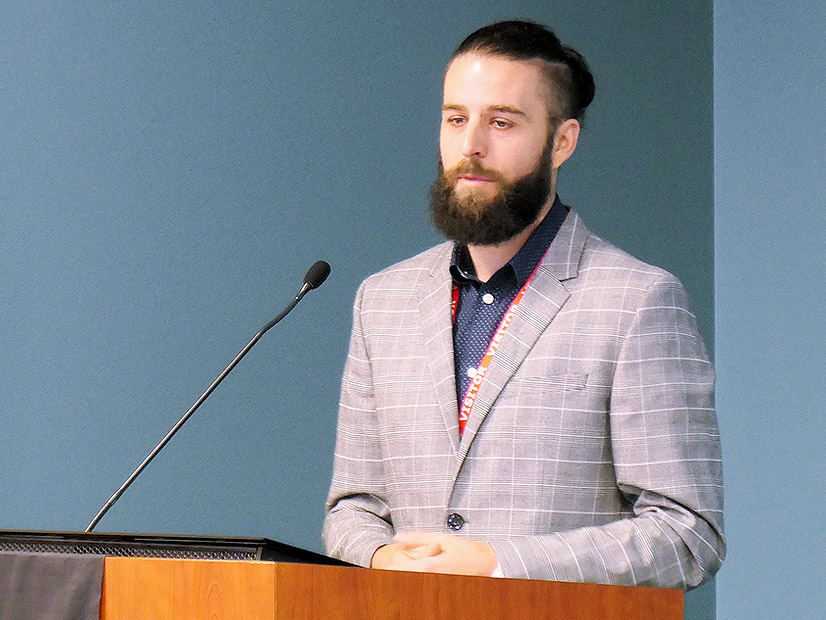CARMEL, Ind. — A band of Michigan utilities wants the option to decline MISO’s affected system-style studies on distributed energy resources, arguing the RTO’s studies create an unnecessary layer of bureaucracy and hinder DER expansion.
Consumers Energy, DTE Energy, ITC Holdings and Wolverine Power approached MISO at the July 17 Planning Advisory Committee, asking for an opt-out provision on the RTO’s affected system studies for DER additions that might impact the transmission system.
Wolverine Power Vice President of Regulatory Affairs Tom King said the Michigan-based parties believe MISO’s DER affected system study process limits efforts to integrate DERs on the grid.
Last year, MISO decided it would evaluate the need for a review of DERs when they can inject 5 MW of power at the substation level during system peak load and if they can force a 1% change in line loading. Transmission owners screen for the 5-MW injection capability, while the RTO ascertains whether the DERs could influence a 1% line-loading change.
If the DER is shown to impact both reliability criteria, MISO issues a report that triggers its existing facilities study and could lead to network upgrades. (See MISO Creating Means to Gauge Impacts of DER Interconnections.)
At a July 17 Planning Advisory Committee meeting, King said MISO’s DER affected system study process and fee requirements “are burdensome, duplicative of the more comprehensive existing TO studies, create unnecessary costs and have the potential to significantly limit DER deployment.” He said TOs already study the potential for DERs to worsen thermal and voltage issues that MISO tests for. He added that TOs’ studies in many cases are superior to MISO’s.
Transmission owners pay a $60,000 study deposit to MISO per substation that is required to be studied for DER impacts. MISO refunds any portion it doesn’t use for the studies.
“MISO obviously has a fee to perform these studies, which has to be coordinated with the TO and then coordinated or not coordinated with the DER,” King told stakeholders.
King said the Michigan utilities developed their opt-out recommendation with help from Michigan Public Service Commission staffers. He asked that MISO treat DERs as load-serving additions or changes, not as generation that causes third-party impacts to the MISO system. That way, King said MISO could view DER additions as end-user facilities seeking to make “qualified changes” under its facility interconnection studies process.
MISO could step aside for transmission owners to perform their more extensive thermal and voltage analyses, King said. He said TOs would continue to “carefully evaluate trickle-up impacts” on the transmission system by DERs and notify MISO of impacts when they submit a transmission upgrade as part of the RTO’s annual Transmission Expansion Plan to mitigate added stress on facilities.
King said he’d like MISO and stakeholders to prepare an opt-out provision as soon as this fall. He said there’s considerable support for DERs in Michigan, with new legislation designed to encourage more of them. He said that trend is likely to occur in other jurisdictions in the footprint.
Last year’s Michigan Clean Energy and Climate Action package contained a provision to raise utilities’ distributed generation program caps from 1% to 10% of their in-state peak load average of the last five years. King said prior to the legislation, utilities were outstripping the 1% limit.
King also noted that the EPA recently awarded Michigan $156 million to reduce the cost of community and rooftop solar projects for low-income households and that Democratic Gov. Gretchen Whitmer’s “MI Healthy Climate Plan” recommended utilities “increase options for customer-driven renewable energy, such as rooftop solar and voluntary green pricing programs.”




